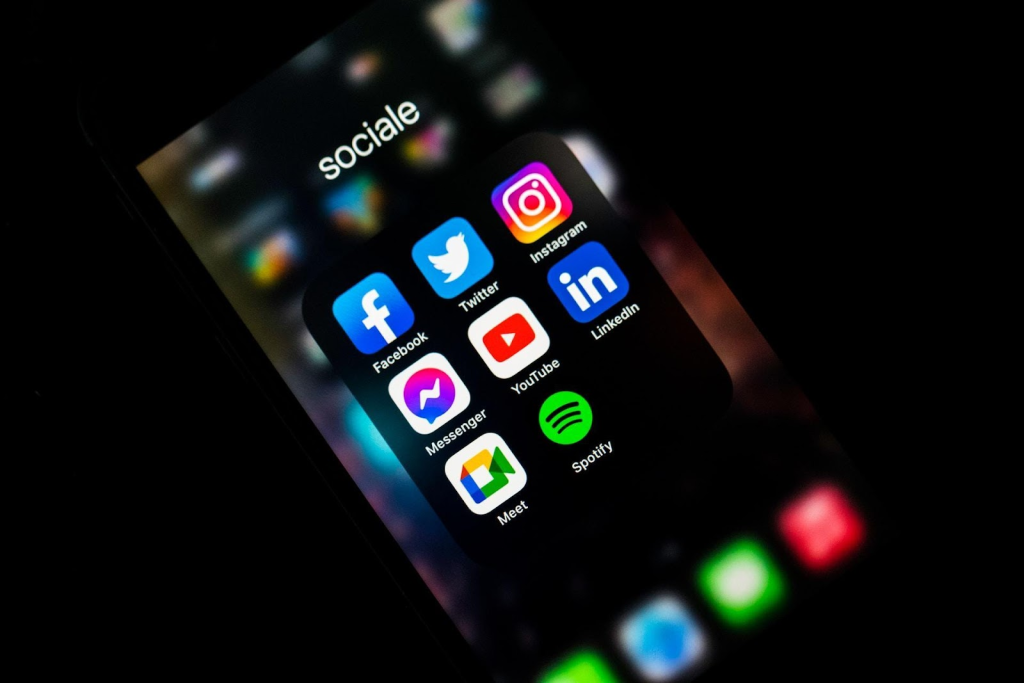
Social media is nowadays an essential aspect of our daily routine. However, sharing your accident on social media platforms can potentially damage your case, as insurance companies might use your posts against you to challenge your claim.
You should be cautious when sharing any information related to your accident online. In case you have been in a car accident and require legal aid, contact an Anchorage car accident lawyer for guidance.
5 Ways Social Media Impacts Car Accident Injury Lawsuits
Today, many people utilize diverse social media platforms globally. Consequently, your social media activities can be monitored by anyone from anywhere, and this may have a significant bearing on your case.
Any content you post on social media can be utilized as evidence to defeat your claim. For the best results, refrain from sharing information regarding your accident or injuries on social media.
If you have already shared such information, delete the post or restrict access to your account. Here are the ways social media impacts car accident injury lawsuits:
Provides Evidence
Social media platforms such as Facebook, Twitter, and Instagram can provide valuable evidence in car accident injury lawsuits. For instance, pictures or posts that show a person engaged in physical activity or travel can be used to undermine their claim of injury.
Can Lead to Self-Incrimination
Frequently, people share content on social media platforms without contemplating the potential repercussions. Such behavior can be detrimental in car accident legal proceedings. Any remarks, photos, or videos that imply your culpability before the incident can be utilized as evidence against you.
Affects Witness Credibility
Witnesses who use social media to discuss a car accident can compromise their credibility in a court of law. A contradictory comment or image shared on social media by a witness can be used to undermine their credibility.
Can Lead to Juror Misconduct
The prevalence of social media has facilitated jurors’ access to information on a legal case that is not presented in the courtroom. This conduct, known as juror misconduct, has the potential to result in a mistrial or other legal ramifications.
Can Be Used to Discredit Opposing Parties
Social media can be leveraged to discredit the adversary in a legal suit related to car accident injuries. Posts or images that demonstrate the defendant engaging in activities that conflict with their testimony can be used to discredit them.
Best Practices For Social Media Activities When Dealing With an Injury Claim
Plaintiffs should exercise caution concerning social media activities to avoid hurting their claims. Insurance companies and defense attorneys frequently employ social media posts as evidence to challenge the legitimacy of your claim.
Plaintiffs can deny insurance companies or defense attorneys any evidence that can negatively affect their case. Here are the best practices for social media activities when dealing with an injury claim:
Avoid Discussing Your Injury on Social Media
Every piece of content you upload on social media can be utilized as evidence against your claim. Also, your venting can be construed as an acknowledgment of guilt or as proof that your injuries are not as severe as you assert.
Don’t Post Any Pictures or Videos
As a best practice, refrain from posting any content that shows you engaging in physical activities. Such pictures or videos can be utilized to contradict your claims of injuries.
Exercise caution when adjusting your privacy settings. Ensure that only individuals whom you trust, such as friends and family, are allowed to view your posts. It’s not wise to expose your personal life to the insurance company or defense attorneys.
Friend Requests
Don’t accept friend requests from people you don’t know. They could be investigators hired by the insurance company or defense attorneys.
Avoid Deleting Your Posts
Don’t delete any posts or photos from social media after your injury. This can be seen as an attempt to hide evidence.
Avoid Posting Messages That Suggest an Admission of Guilt
Don’t post any messages that could be interpreted as an admission of guilt or fault. Even a simple apology for the accident can be used against you.
Mind Your Likes and Comments
Even if you’re not posting anything yourself, your activity on other people’s posts can be used against you.
Avoid Posting Anything Related to the Accident or the Injury Claim
This includes updates on your legal case or settlement negotiations.
Avoid Self-incriminating Posts
Think twice before posting anything that could be seen as evidence of reckless or dangerous behavior, such as drinking or using drugs.
Social media is a double-edged sword in car accident injury lawsuits. While it provides valuable evidence, it can lead to self-incrimination and attract negative legal consequences. As such, car accident victims should be mindful of their social media activities because it can negatively impact their cases.
